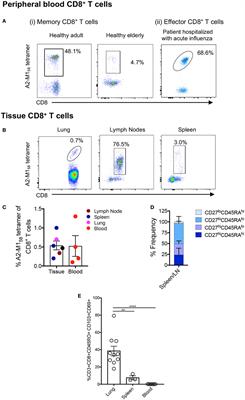ORIGINAL RESEARCH
Published on 14 Mar 2019
Stochastic Inheritance of Division and Death Times Determines the Size and Phenotype of CD8+ T Cell Families

doi 10.3389/fimmu.2019.00436
- 3,225 views
- 9 citations
67k
Total downloads
394k
Total views and downloads
ORIGINAL RESEARCH
Published on 14 Mar 2019

CORRECTION
Published on 26 Feb 2019
REVIEW
Published on 13 Feb 2019

REVIEW
Published on 12 Nov 2018

ORIGINAL RESEARCH
Published on 01 Nov 2018

REVIEW
Published on 23 Oct 2018

REVIEW
Published on 26 Jul 2018

MINI REVIEW
Published on 18 Jul 2018

ORIGINAL RESEARCH
Published on 09 Jul 2018

REVIEW
Published on 04 Jul 2018

ORIGINAL RESEARCH
Published on 27 Jun 2018

MINI REVIEW
Published on 26 Jun 2018
